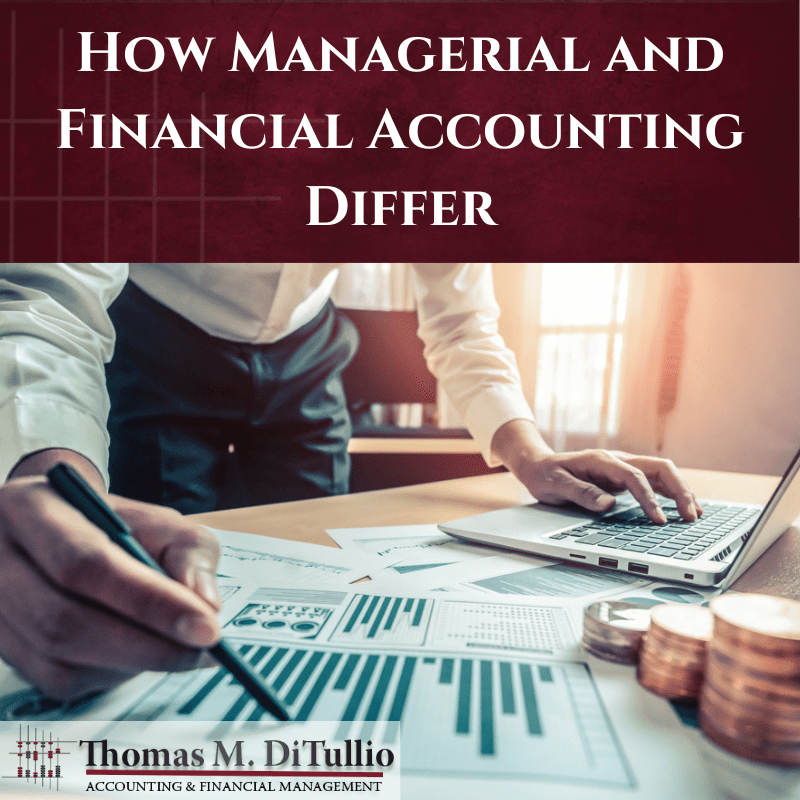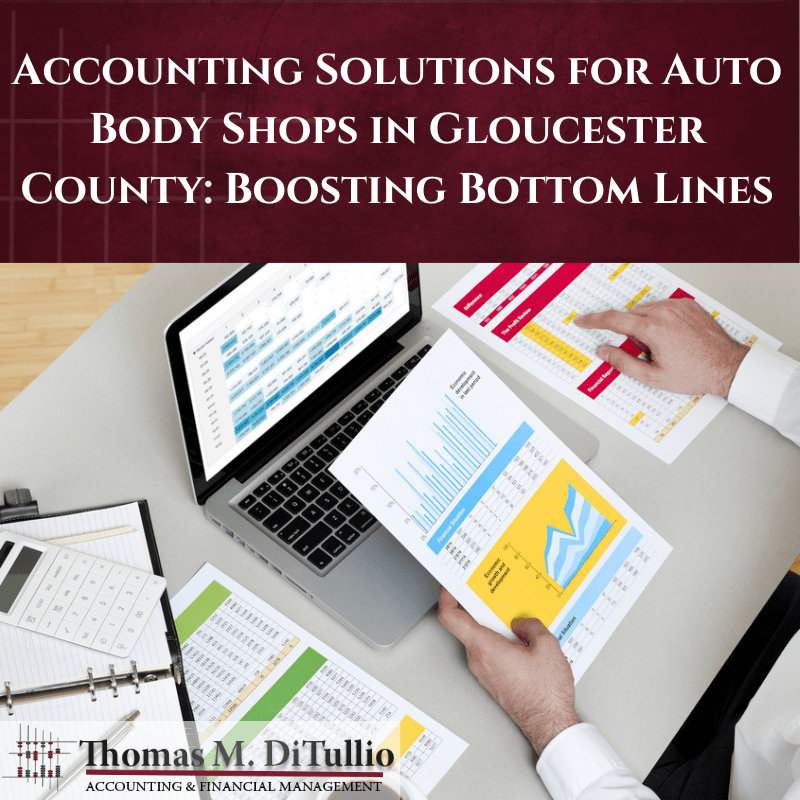5 Restaurant Accounting Tips to Improve Your Bottom Line
Running a restaurant is a rewarding but challenging business, and it requires careful attention to your finances. You need to keep track of your income and expenses, manage your cash flow, comply with tax laws, and make informed business decisions. To help you with these tasks, we have collected 5 restaurant accounting tips that can improve your bottom line and ensure your restaurant’s success.
1. Reconcile accounts regularly
One of the most important restaurant accounting tips is to reconcile your accounts regularly. This means comparing your bank and credit card statements with your accounting records and making sure that they match. You also need to identify and resolve any discrepancies or errors, such as missing transactions, duplicate transactions, incorrect amounts, or wrong classifications. Reconciling your accounts regularly can help you verify the accuracy of your cash balance, prevent fraud and theft, and avoid overdraft fees and penalties.
2. Account for required tips as restaurant income
Another restaurant accounting tip is to account for required tips as restaurant income. Required tips are the tips that you add to the customer’s bill, such as service charges, gratuities, or delivery fees. These tips are considered part of your restaurant’s income, and you need to report them to the IRS and pay taxes on them. You also need to distribute these tips to your employees according to the law and your policy. Accounting for required tips as restaurant income can help you comply with the tax laws and regulations, and avoid audits and fines.
3. Claim your tax credit on employee tips
A third restaurant accounting tip is to claim your tax credit on employee tips. Employee tips are the tips that your customers voluntarily give to your employees, such as cash tips, credit card tips, or pooled tips. These tips are considered part of your employee’s income, and you need to withhold and pay taxes on them. However, you can also claim a tax credit for the employer’s share of social security and Medicare taxes that you pay on these tips. Claiming your tax credit on employee tips can help you reduce your tax liabilities and increase your net income.
4. Use the right accounting software and point-of-sale (POS) system
A fourth restaurant accounting tip is to use the right accounting software and point-of-sale (POS) system. Accounting software and POS systems are the tools that help you automate and streamline your restaurant accounting. You should look for accounting software and POS systems that are easy to use, affordable, secure, and compatible with your restaurant’s needs and preferences. You should also look for accounting software and POS systems that can integrate with each other and with other tools that you use, such as your inventory system, your payroll system, or your online ordering system. Using the right accounting software and POS system can help you save time and money, improve accuracy and efficiency, and generate useful reports and insights.
5. Review and improve your accounting process
A fifth restaurant accounting tip is to review and improve your accounting process. You should review your accounting process regularly, and identify any issues, challenges, or opportunities for improvement. You should also implement any changes, corrections, or enhancements to your accounting process, and monitor the results. You should also consult with a professional accountant or an accounting firm, such as TMD Accounting, to get expert advice and support. Reviewing and improving your accounting process can help you streamline your accounting process, avoid errors and mistakes, and optimize your accounting performance and profitability.
Conclusion
By following these 5 restaurant accounting tips, you can improve your bottom line and ensure your restaurant’s success. You can also contact TMD Accounting, the best small business accountant in NJ, to get professional help with your restaurant accounting. We offer a range of accounting services, including bookkeeping, payroll, tax, and accounting, for small businesses in various industries, including restaurants. We have the expertise, the experience, and the resources to handle your restaurant accounting with accuracy and timeliness. Contact us today at (856) 228-2205, or email us at info@tmdaccounting.com, or visit our website at https://tmdaccounting.com/. We are located at 202 Ganttown Road, Turnersville, NJ 08012. TMD Accounting, the best accounting firm in New Jersey.











